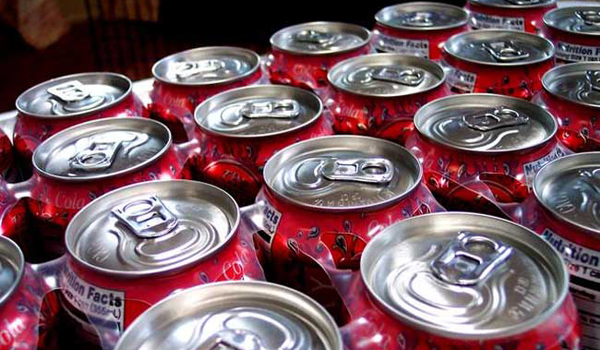School Ban on Soda Has Greatest Effect on Black Students

Get the world’s most fascinating discoveries delivered straight to your inbox.
You are now subscribed
Your newsletter sign-up was successful
Want to add more newsletters?
Join the club
Get full access to premium articles, exclusive features and a growing list of member rewards.
State policies designed to eliminate junk food from school concession stands may be reducing disparities in soda consumption among teens of different racial and ethnic groups, a new study suggests.
The study finds that in states banning or discouraging the sale of junk food at schools' concession stands, daily soda consumption has dropped by twice as much among black students as among all students. Overall soda consumption by students in these states dropped by an average 0.09 servings of soda per day. But among black students, it dropped by 0.19 servings per day, equivalent to 50 fewer calories, the study said. "Soda is widely considered to be a contributor to the increase in obesity because it has been associated with excess energy intake and weight gain" in several studies, the study authors wrote. "It became a larger source of energy intake among adolescents during the same period that obesity prevalence increased." However, the researchers found no decline in students' body mass indices (BMIs) after the policies, adopted in response to a growing trend of adolescent obesity, were implemented. It may be that the 50-calories-a-day reduction is too small to change students' body weight, or it could be that students are compensating for the drop in soda consumption by increasing their intake of other foods or beverages, the researchers said. The study was limited by its reliance on self-reporting by students about their soda consumption and about their height and weight, which were used to calculate their BMIs, the researchers said. The study was published online today (July 21) in the American Journal of Public Health. Pass it on: Policies that limit junk foods in schools reduce teens' soda consumption seem to affect black students more than others.
This story was provided by MyHealthNewsDaily, sister site to Live Science. Follow MyHealthNewsDaily on Twitter @MyHealth_MHND.
Get the world’s most fascinating discoveries delivered straight to your inbox.
 Live Science Plus
Live Science Plus










